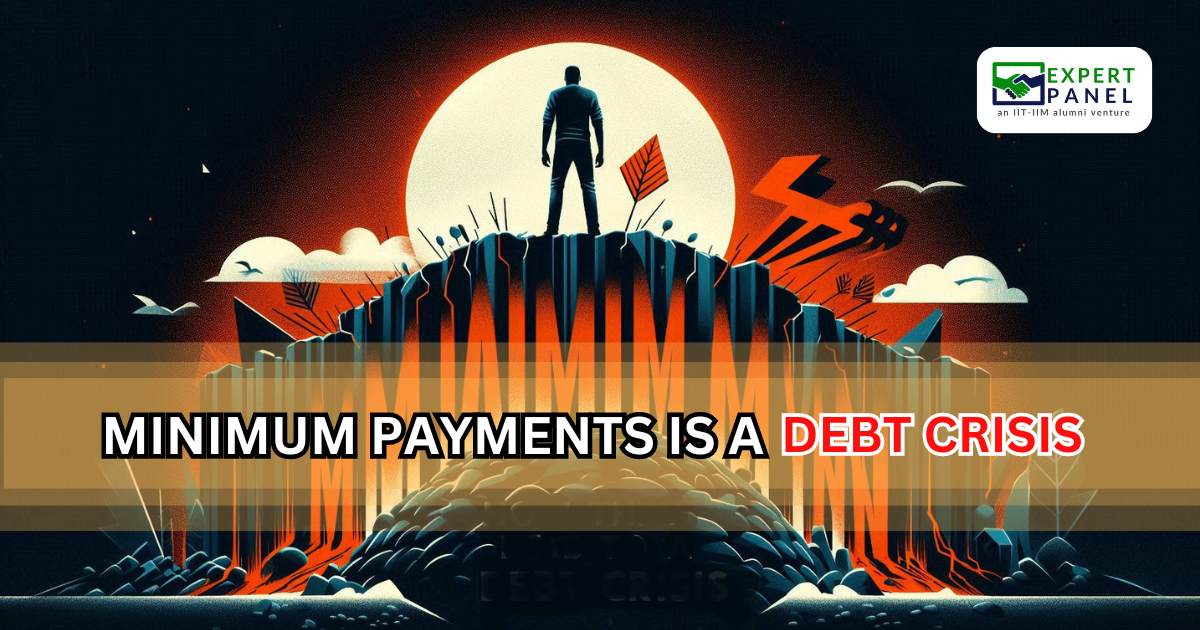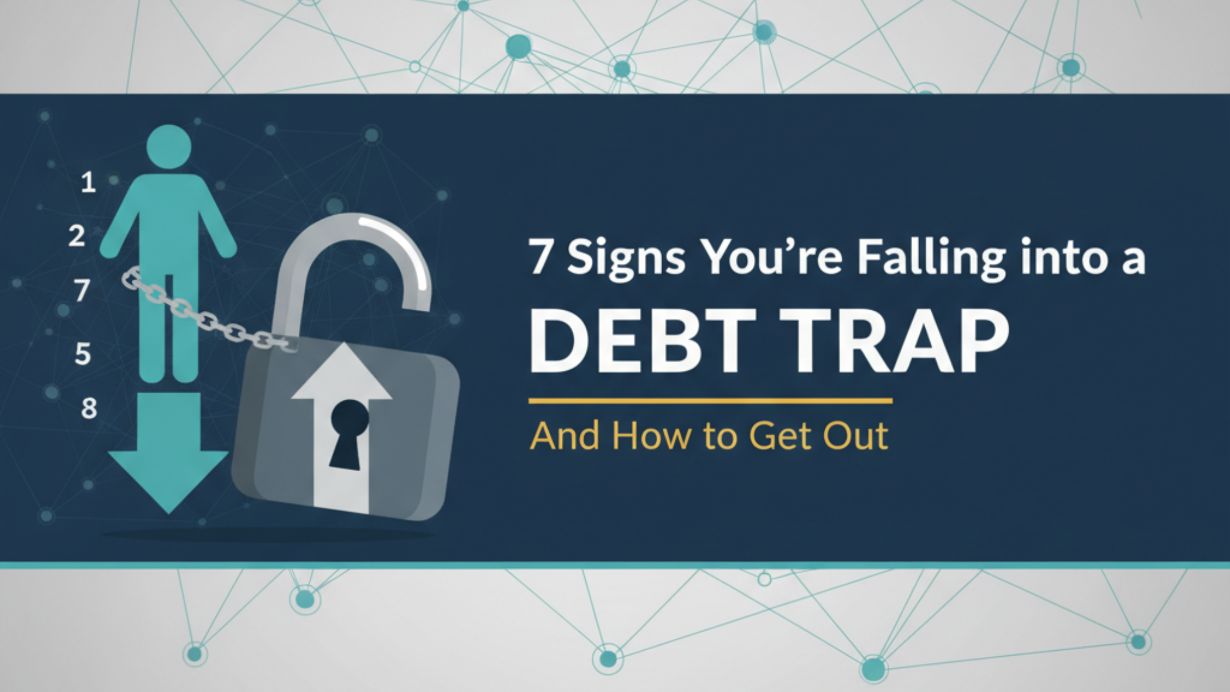· Debt Management · 3 min read
Minimum Payments: How They lead to a Debt Crisis
Making only minimum payments on unsecured loans might seem like a harmless way to manage tight finances during tough times, but this practice can quickly spiral into a debt crisis. By deferring most of the loan's balance and primarily paying interest, borrowers often find themselves stuck in a cycle of increasing debt. The emotional and financial toll of this approach can make it harder to regain stability, with consequences such as credit damage and legal repercussions. Recognizing the danger of minimum payments and seeking professional help are essential steps to prevent long-term financial harm.

Life is unpredictable. Job losses, medical emergencies, or other unforeseen circumstances can disrupt even the most stable financial plans. During these challenging times, the temptation to make only the minimum payment on unsecured loans might seem like temporary relief. However, this seemingly small step can lead to a debt crisis with severe consequences.
Understanding the Minimum Payment Amount Due Trap
When you pay only the minimum amount due on an unsecured loan, you are essentially deferring the remaining balance. While this might provide short-term relief, the long-term implications are far from harmless.
The majority of your monthly payment is often allocated toward interest, rather than reducing the principal amount. This means you are paying more over time, and the original loan amount grows larger. As interest adds up, the amount you owe gets bigger, making it harder to pay off the debt. This can trap you in a cycle where you are always struggling to stay on top of payments.
Regularly making late or missed payments, which often happens when you only pay the minimum, can seriously hurt your credit score. This could make it harder for you to get loans, credit cards, or even find funds for housing in the future. Constantly worrying about growing debt can harm your mental health and overall well-being.
The Impact of Life Crises
When dealing with job loss, serious health problems of the borrower or family, or other financial setbacks, the stress of trying to cover expenses can be overwhelming. However, only making minimum payments on unsecured loans can make the situation even worse.
a) Limited Financial Resources: During financial difficulty, you might lose or have less income. Keeping up with loan payments can drain your emergency funds, making you more vulnerable to additional financial problems.
b) Delayed Recovery: By focusing on minimum payments, you might delay addressing the main cause of your financial problems. This can prolong your recovery period and increase the time it takes to regain financial stability.
c) Potential Legal Actions: Failing to consistently meet your loan obligations can result in serious legal consequences, including aggressive debt collection actions, lawsuits, wage garnishments, or even the seizure of assets. These repercussions can severely impact your financial stability.
Seeking Help and Exploring Alternatives
If you are struggling to make loan payments due to unforeseen circumstances, it’s crucial to seek help as soon as possible. When facing debt challenges, seeking help and exploring alternatives like debt restructuring, settlement options, or professional advice can be vital steps toward financial recovery. Understanding all available choices ensures a stronger approach to managing and resolving debt issues effectively. Our firm consists of over 250 experienced advocates who assist numerous borrowers facing financial crises by providing effective solutions. These experts have successfully handled many cases of harassment through online dispute resolution platforms and offer guidance on managing financial status.
Conclusion
Remember, seeking help is not a sign of weakness but a proactive step towards financial recovery. By addressing the issue head-on and exploring available options, you can overcome challenges and regain control of your financial future.


(Expertpanel) Personal Loan Boom_ Fading Fast or Just a Pause_ (1).D1iwCU47.jpg)
 (ExpertPanel) Can Debt Impact Your Mental Health Here’s What to Do!.DMQmZTzK.jpg)